Working Capital
by Samantha Taylor
“You have two months to raise 1.8 million dollars.”
Rabbi Avraham Wachsman blinked for a second. The task was impossible – laughable, even – but it was the only way to save his school.
It was 2016, and the 60 students of Orlando Torah Academy were in the middle of a busy school year. The academy rented space in a lovely building, but the landlord had just been made an offer he couldn’t refuse. Someone wanted to buy the building for $1.8 million in cash. It meant the academy had to relocate, which put the school’s entire future in jeopardy. Rabbi Wachsman was despondent.
“Our landlord was a nice Jewish guy; I told him that if he took that offer, he’d be putting 60 Jewish students out on the street,” Rabbi Wachsman says. “Against everyone’s advice, he ripped up the cash offer and told me that if we could raise the same $1.8 million, he’d sell the building to us, instead.”
The rabbi and his staff passed the hat among the academy’s families and community supporters and raised a respectable $200,000, but it wasn’t nearly enough to convince the landlord the school could eventually make good on his $1.8 million leap of faith. Rabbi Wachsman approached a number of banks in search of a loan, but he rarely got the time of day, much less the capital he so badly needed.
With six weeks to go before the landlord’s deadline expired, the rabbi was desperate. He began to look for alternative funding sources, and that’s when he turned to the Jewish Capital Alliance (JCA), an organization whose mission dovetailed miraculously with the academy’s plight.
The JCA helped the Torah Academy in a pinch, but on a daily basis, the organization invests in sustainable business ideas to help local synagogues and other Jewish agencies fund capital projects and assist with short-term cash flow. It provides low-interest loans and lines of credit to empower Central Florida’s Jewish nonprofit organizations to do more for their communities while becoming more stable business entities, themselves.
The JCA manages a large fund that was established several years ago after the profitable sale of land owned by the Jewish Federation of Greater Orlando. It’s the job of four JCA volunteers – Howard Lefkowitz, Ed Kleiman, Rhonda Pearlman, and Ian Robinson – to put that fund to good use to ensure the long-term growth of Jewish nonprofit organizations, synagogues, and other agencies. The JCA gave the Torah Academy a low-interest loan of $350,000 that, combined with the academy’s other fundraising, was enough to seal its deal with the landlord. The school was saved.
But the JCA doesn’t just hand out loans, it endows clients with the wealth of its business acumen.
“Between the four of us, we have about 200 years of business experience,” says Howard. “We want to make sure these organizations are successful – we’re here for the long haul.”
“The JCA was the single largest resource that helped us buy the building, but it’s not just that we were lent the money,” says Rabbi Wachsman. “Their people actively care about the success of the school. They’ve toured and met with our staff to brainstorm ways to increase revenue. Their input has been so valuable. It’s developed into a great friendship and partnership. I feel like we are building the community together.”
Building the local Jewish community is at the forefront of the JCA’s mission. Recently, the organization helped get a tennis court renovation project up and running at The Roth Family JCC.
“The JCA allowed us to start building the courts now while we finish with the capital campaign and collect the pledges,” says Keith Dvorchik, CEO of the JCC. “Their support enabled us to allow donors to make multi-year pledges and put the project on the fast track.”
Other JCA investments have included the JCC’s playground, a building for Hillel at UCF, and a refinance for Chabad at UCF. There are more projects currently in the works, but the JCA team really wants to let local Jewish nonprofits know that they are here to help.
“We want to be creative, and we want to think outside the box to do anything we can to help Jewish nonprofits reach their goals,” says Howard. “Everyone in Central Florida might not know our name yet, but we are here, ready to help at a moment’s notice.”
